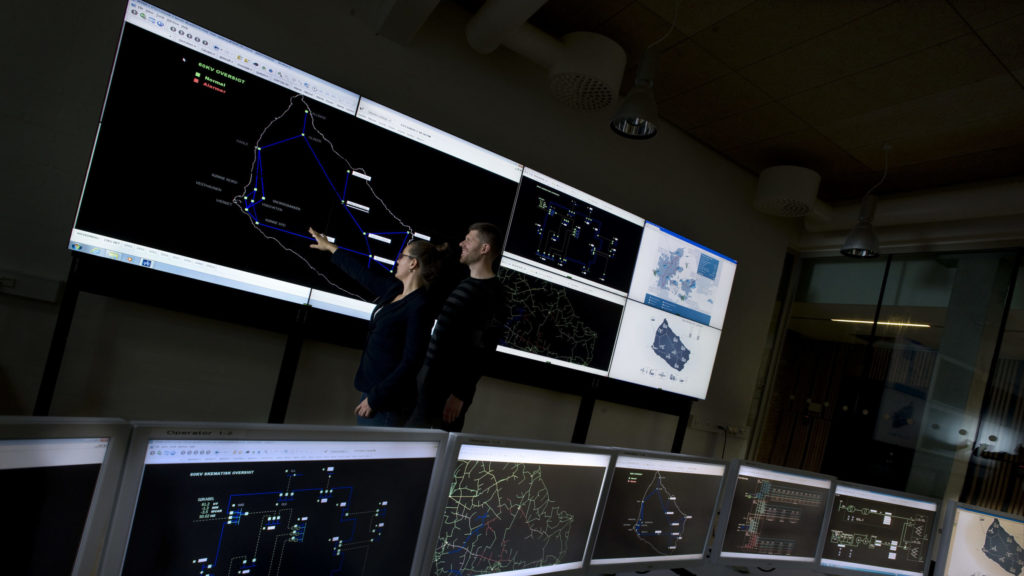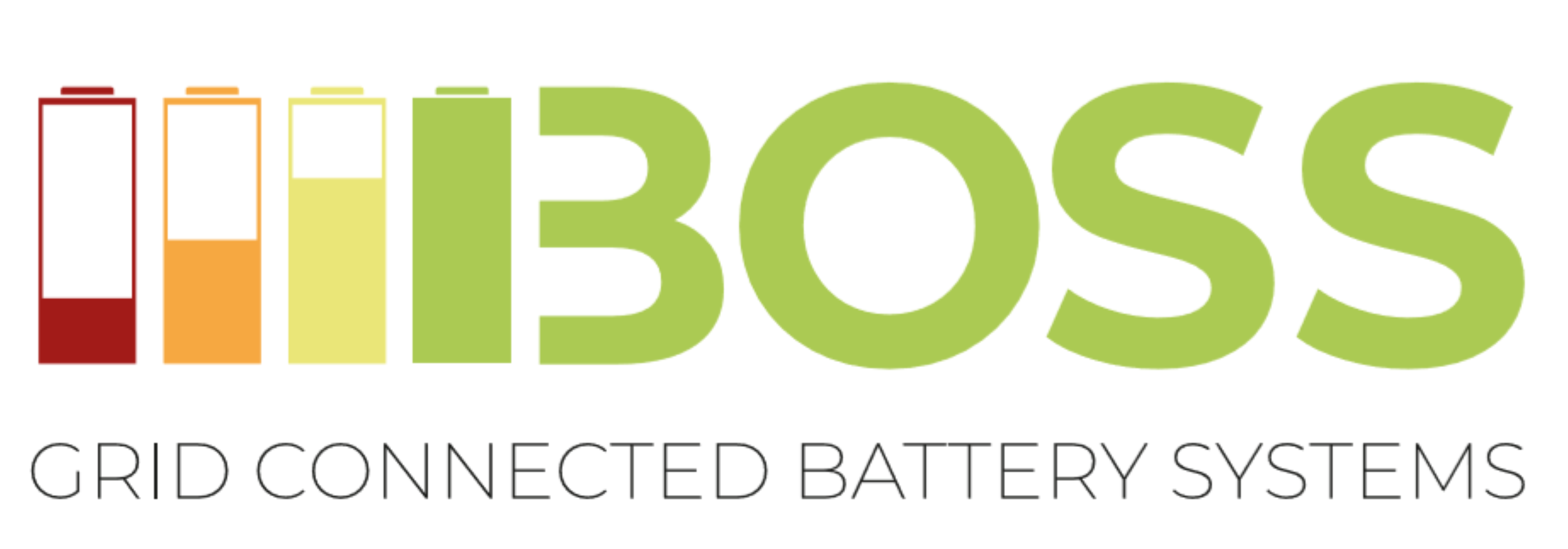
A new project led by DTU has been granted 19 million DKK by the Danish Energy Technology Development and Demonstration Program. The project will demonstrate the largest grid-connected battery energy storage in Denmark. Batteries could be a key factor to retiring fossil-fueled power plants.
For more than 100 years, conventional fossil-fueled power plants have supplied society with electricity. Although Denmark has already succeeded in integrating a high share of renewables into the power grid, many conventional units are still in use. The need for security of supply and power system stability maintains operation of these power plants.
“Battery energy storage systems have great potential to take over the services that are currently provided by conventional plants, “says Dr. Seyedmostafa Hashemi Toghroljerdi, DTU Electrical Engineering.
Dr Hashemi Toghroljerdi is the project manager of a new DTU led project called BOSS (BOrnholm Smartgrid Secured –by grid connected battery systems), which Danish Energy Technology Development and Demonstration Program (EUDP) has just granted 19 million DKK. The total budget is 30 million DKK.
The next four years, BOSS project will develop and demonstrate an advanced battery energy storage system with a total capacity of 1MWh/1MW. This will be the largest grid connected battery installed in Denmark to date.
Competitive storage solution
Recently, International Energy Agency (IEA) estimated in an analysis that battery storage will become the most competitive option for flexibility in the future power system – due to cost reduction on batteries. The academic, utility and industrial partners in the BOSS Project share this view.
“Our aim is to develop and demonstrate the build and operation of an innovative battery energy storage system – the key to future smart grids. The experience gained will secure Denmark in the vanguard of sustainable energy technologies,” says Chair of Steering Committee for the BOSS Project, Associate Professor Chresten Træholt, DTU Electrical Engineering.
Bornholm as a unique test site
Danish island of Bornholm was chosen as the test site because it represents a scaled model of the Danish renewable integrated power system and it has the ability to operate in grid-connected and island mode.
“Examining the grid stability with and without battery energy storage systems in both grid-connected and island modes is unique, and makes BOSS Project among very few projects in the world exploring the stability of a smart grid with high share of renewables combined with battery systems,” says Dr. Hashemi Toghroljerdi.
Successful demonstration of BOSS Project’s battery energy storage system should provide a unique road map and opportunity for Denmark and other countries that follow fossil-fuel-free policy, he explains.
| Partners and selected contributions in the BOSS Project: |
| Balslev: Selecting, integrating and commissioning state-of-the-art battery storage technology. Danfoss: Delivering power electronics converter solutions, providing inputs to control hierarchy requirements, and handling real time part of converter control. DTU Electrical Engineering (CEE): Managing the project and leading the research activities. El-Net Øst: Facilitating grid connection and clarifying related legal issues primarily with the municipality and Energinet. European Energy: Validating the project’s commercial perspective and working with the practical integration in existing or future solar PV projects at Bornholm. Lithium Balance: Developing and demonstrating the battery management systems and site controllers. Nuvve: Exploring new business models as well as contributing with GIVe software aggregation and optimization platform. PowerLabDK: Developing and demonstrating battery system control interfaces, data collection system and data management system. |
| About Boss Project |
| BOSS is short for Bornholm Smartgrid Secured- by grid connected battery systems Purpose: The project will develop and demonstrate a 1MW/1MWh BESS – the largest battery in Denmark to date Period: March 2019 – December 2022 Budget: Total: 30 million DKK. Grant: 19 million DKK (EUDP) Partners and contribution: See box below article |
